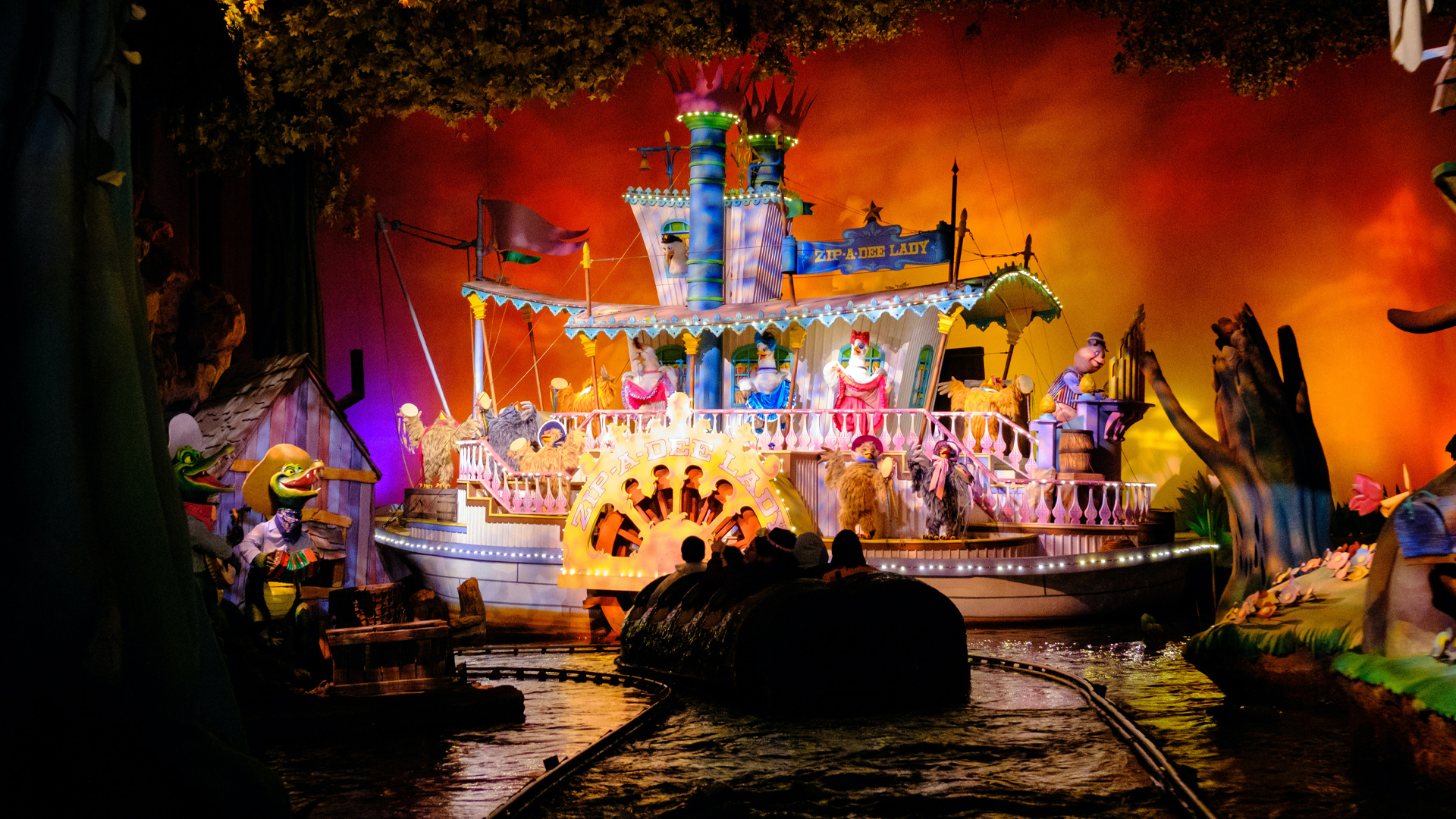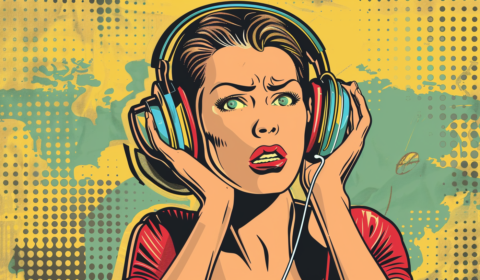Disney’s world-famous water ride ‘Splash Mountain’ closed its doors for the last time this week. Its racist provenance highlights a disillusioned generation of ‘Disney Adults’ with much to complain about.
Splash Mountain has remained one of the most popular and famous rides at Walt Disney World in Florida since it opened in 1992.
But last week the attraction closed its doors for the last time, as Disney responded to long-term criticism of its association with the 1946 film ‘Song of the South’.
Including characters and music from the film, set on a Georgia plantation following the Civil War, ‘Splash Mountain’ has been called out for its outdated connection with racist depictions of African American people and culture.
Disney announced it would be closing the ride in 2020, after a Change.org petition claiming ‘Song of the South’ was embedded in ‘extremely problematic and stereotypical racist tropes’ received 21,000 signatures.
The petition also called for Disney to replace the ride with one honouring ‘The Princess and the Frog’, which was the first Disney film to feature a Black princess, Tiana, in the titular role.
The company has complied, it seems, as Splash Mountain will be replaced with ‘Tiana’s Bayou Adventure’ this year.
But not everyone is happy about Splash Mountain’s end.
Following the news, 99,000 people signed a counter-petition to ‘Save Splash Mountain’, and in the final hours before its closure, visitors were seen queuing for more than two hours to board the ride.
The TikTok hashtag ‘#goodbyesplashmountain’ had 1.6 million views by Tuesday.
‘Disney adults’ seem to constitute the majority of these disgruntled fans. The term, often used with intended derogatory connotations, refers to an older generation of Disney fans largely out of touch with socio-political issues and real-world conversations.
Last summer, Rolling Stone referred to ‘Disney adults’ as ‘the most hated group [of people] on the internet’, ‘a plague upon society’ that would ‘be the end of Western civilisation’.
Dramatic as that may be, older Disney fans continue to spark disdain from wider society, largely due to their perceived ignorance and privilege.
‘With its emphasis on selling ‘magical moments’ and ‘making dreams come true’, Disney sells a rather unsophisticated version of wish fulfilment to consumers, who willingly spend thousands of dollars on an authentic emotional experience that they know […] isn’t really authentic at all’, says Ej Dickson.
And perhaps this blatant ignorance has become no clearer than in the wake of Splash Mountain’s closure.
Afterall, Disney isn’t exactly known for its inclusive history, squeaky clean history. In 2022, the company came under public fire after CEO Bob Chapek defended its reported $250,000 in donations toward the controversial ‘Don’t Say Gay’ bill.




















